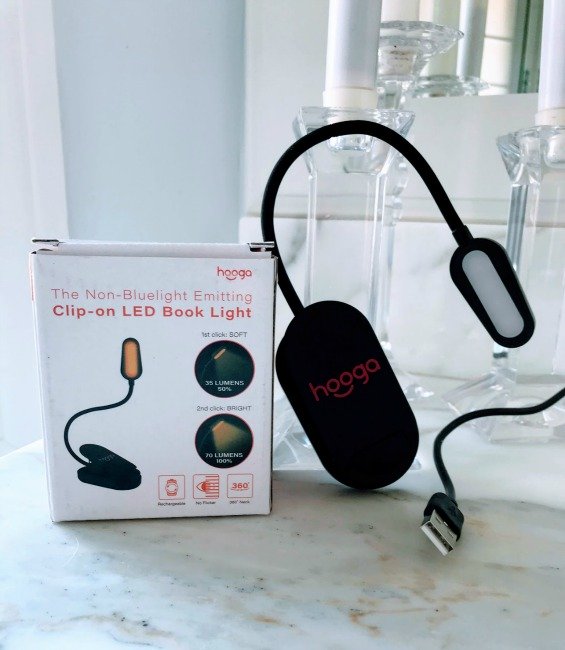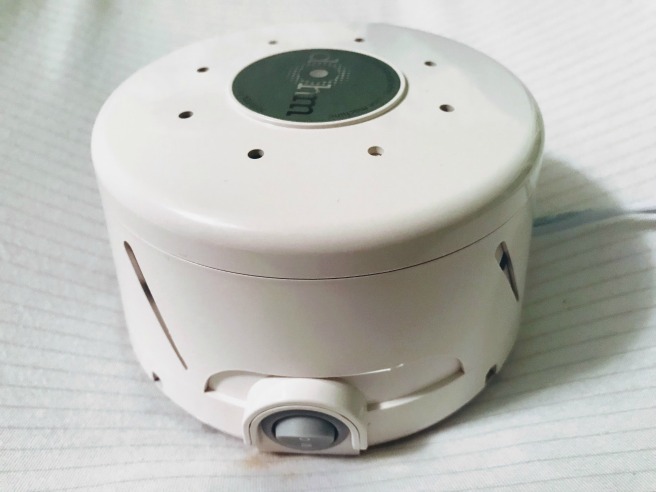Signs of Insomnia
Are you wondering if you or someone you care about are exhibiting signs of insomnia? Perhaps like me, you have had no problems falling asleep or staying asleep, but then something changed and you are finding that a good night's sleep is becoming elusive. So does that mean you have insomnia and if so what does that mean?
According to Stephanie Silberman, PH.D., DABSM and the author of The Insomnia Workbook, "Recent research indicates that nearly one-third of Americans suffer from insomnia at some point during their lives."
Symptoms of Insomnia
Some of the more common symptoms of insomnia are:
1. Difficulty falling asleep
2. Trouble staying asleep
3. Early morning awakening and unable to get back to sleep
4. Sleep that is not deep or restorative
Everybody experiences one or some of these symptoms at some time during their life. Does an occasional night of sleeplessness or a stressful period of your life resulting in less sleep mean that you have insomnia?
Types of Insomnia
Dr. Sandra Cabot, the author of Tired of Not Sleeping: Dr. Sandra Cabot's Wholistic Program for a Good Night's SleepTypes of Insomnia
1. Temporary Insomnia due to a new job or travel to a different time zone
2. Short-term Insomnia for a few weeks or months as a result of a stressful period in one's life3. Long-term Insomnia persists for more than a few months and can include the quality of one's sleep as well as lack of sleep
4.
Secondary Insomnia is when a person experiences a lack of sleep due to
known causes such as back pain, gastro-esophageal reflux, itching skin
rash, or side effect of prescribed medication like prednisone.
5. Primary Insomnia includes sleep disorders like sleep apnea or circadian rhythm disorder.
6. Idiopathic insomnia means that there is no known cause of one's sleep disorder.
Daytime Signs of Insomnia
Ever have a colleague fall asleep at work or during a business meeting? Perhaps you assumed that they were just out too late at night or watching movies way past midnight. Maybe you are the one that falls asleep anytime you sit down for a few minutes during the day or struggle to keep your eyes open at a school lecture, church sermon or conference call. There are several daytime clues to night time sleep problems. They are:
1. Difficulty Concentrating
2. Foggy Thinking
3. Slow Reaction Time
4. Irritable and Moody
5. Lack of Energy
6. Trouble Processing New Information
7. Feeling Sleepy
Other physical symptoms such as red eyes, pasty skin, or weight gain can also indicate a chronic lack of sleep.
The signs of insomnia vary from person to person - for one it may mean it takes them two to three hours to fall asleep while another person falls asleep right away but wakes up at 2:00 and can't fall back to sleep. Also the severity of it can differ - for some it may mean trouble sleeping just one or two nights a week while for another person it may mean trouble sleeping 6-7 nights of the week.
Go from Signs of Insomnia to List of Sleep Disorders
Return to Sleep Aid Resource Home

Get practical advice on how to fall asleep, stay asleep and to get deep sleep. It's free so sign up here:






Ancient Minerals Goodnight Magnesium Lotion
Please note that while I do receive commissions from some of the things promoted on this site, I recommend them because I feel they would be of benefit to you.
Advertisers/Affiliates have been hand-picked so that only quality products are recommended. I have used them in my own life and share them with you because that's what friends do.



